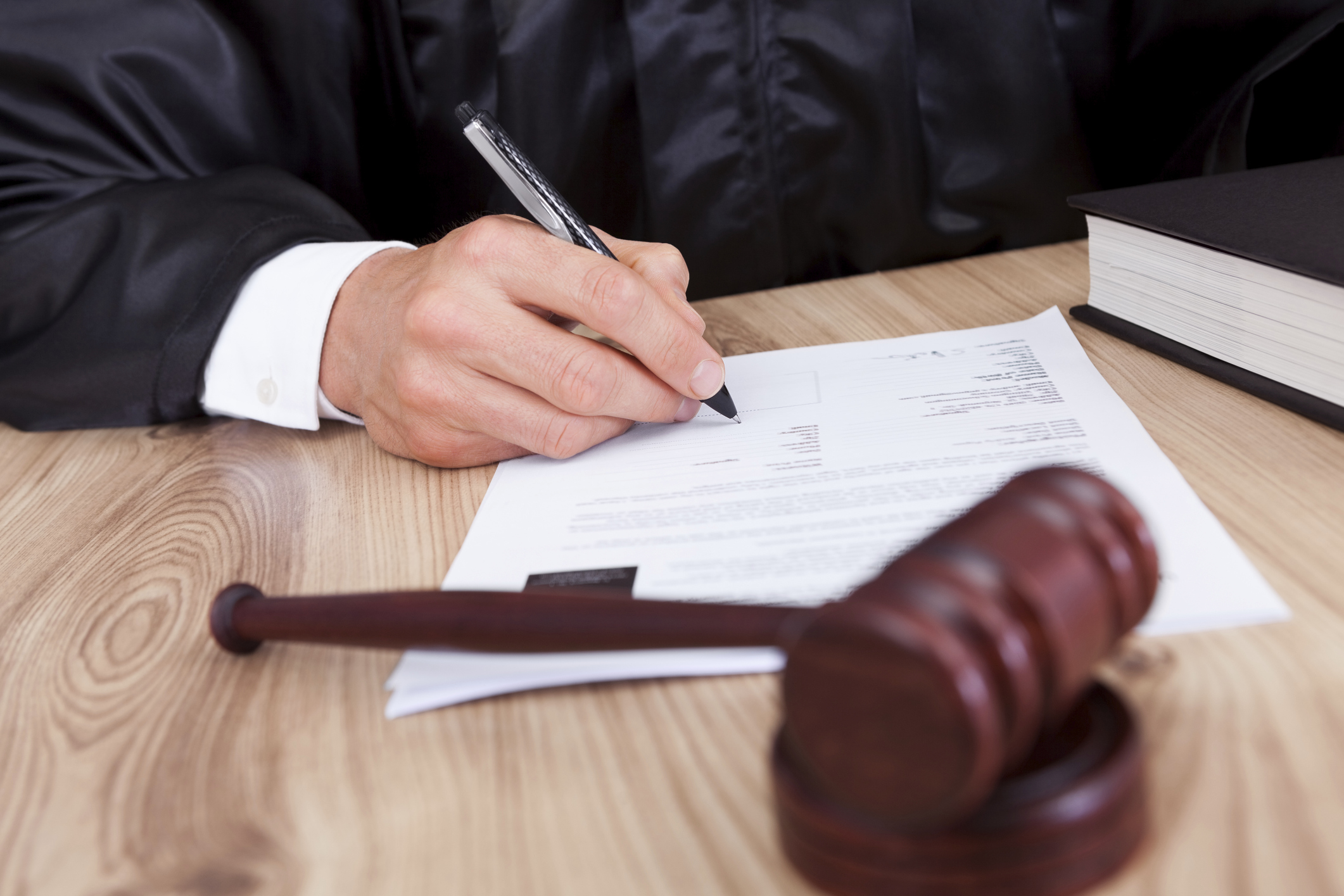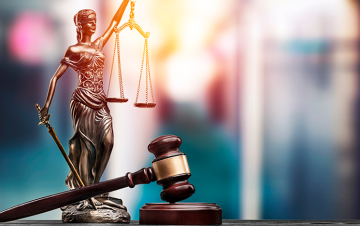Lawyer with 15 years of legal experience, specialization: family and civil law, inheritance, contract law, criminal cases, administrative cases, cases involving foreigners, migration law
In Ukraine's judicial system, the appellate process plays an important role in ensuring justice and protecting the rights of the parties. This process provides an opportunity to appeal against the decisions of the first instance and review them in order to correct mistakes and protect the legitimate interests of the parties to the proceedings.
The main function of the court of appeal is to review decisions of local (primary) courts. During the appellate process, the case is reviewed by different judges than those who heard the case in the first instance. The Court of Appeal analyses the verdict of the first instance, checks whether it was issued correctly and in compliance with the law. If violations or deficiencies in the decision are found, the appellate court has the right to overturn the verdict and send the case for a new trial or make appropriate changes.
If errors, deficiencies, or misinterpretation of the law are found in the decision of the first instance, the appellate court has the right to amend or cancel the verdict. This helps to avoid the negative consequences of incorrect decisions and ensure legal compliance in court proceedings.
Participants in the court process have the right to appeal, which consists in filing an appeal against the decision of the first instance to the relevant court of appeal. This makes it possible to review the case again, evaluate it objectively, and correct any mistakes that may have been made by the local court.
The Court of Appeal protects the rights and interests of all participants in the judicial process. It analyses the evidence presented by the parties, considers their arguments and makes an objective decision based on the law and case law.
The first step in the appeal procedure is to file an appeal. According to the law, an appeal must be filed with the appellate court within a certain period of time after the verdict is delivered by the court of first instance. The parties to the case or their representatives have the right to file an appeal, in which they set out their arguments and objections to the decision of the first instance court.
The court analyses the appeal and all the case materials to determine whether there are grounds for satisfying the appeal. It checks the compliance of the first instance court's decision with the law and the correct application of procedural rules.
Protection of dignity, lifting of arrest, analysis, representation.
After discussing the appeal and analysing all the arguments, the court issues a decision. It can confirm the decision of the first instance court, change it or cancel it and send the case back to the first instance court for a new trial.
An attorney-at-law plays a key role in protecting the rights and interests of their clients in the appeal process. He or she provides legal advice, prepares appeals, represents the client's interests at court hearings and assists in other procedural actions.
The appellate process offers a wide range of opportunities for reviewing a case and ensuring a fair resolution of a dispute. Through the appellate process, the parties have the opportunity to review decisions and resolve disputes in accordance with the law and case law.




































